
Was Club World Cup Trip Worth It for Man City?
Was Club World Cup Trip Worth It for Manchester City?
Manchester City’s hopes of Club World Cup glory were dashed after a stunning last-16 defeat to Al-Hilal, bringing an abrupt end to their US tour and raising questions over the value of the trip for Pep Guardiola’s side.
The Premier League champions were expected to go deep into the expanded tournament but instead fly back to Manchester having failed to progress beyond their first knockout match.
“We go home and now it is time to rest – rest our minds for the new season,” Guardiola told BBC Sport after the shock defeat.
Lessons from a Disappointing Campaign
Despite high expectations, City’s Club World Cup journey highlighted both promise and problems.
Tijjani Reijnders impressed with his energy in midfield, while Rayan Cherki added flair and registered an assist for Phil Foden’s extra-time goal against Al-Hilal. But glaring weaknesses were exposed elsewhere.
-
Rayan Ait-Nouri shone going forward but struggled defensively.
-
Matheus Nunes, deployed as an emergency right-back, was exposed against stronger opposition.
-
The central defence lacked pace and struggled to handle Al-Hilal’s direct counter-attacks.
-
John Stones, curiously, didn’t feature—raising questions about his future.
There was also concern around Rodri’s condition. The midfielder, who missed much of the previous season through injury, was substituted in extra time, and Guardiola hinted at ongoing physical issues.
Financial Upside Despite Early Exit
From a financial standpoint, City’s Club World Cup trip wasn’t a total loss.
They earned £37.8 million—boosted by three group-stage wins and a substantial £27.9m participation fee. However, their early exit cost them a chance at up to £63 million in additional prize money had they gone on to win the tournament.
Their total earnings:
-
£27.9m participation fee
-
£4.5m from three group wins
-
~£5.4m from broadcasting and commercial bonuses
These revenues help offset the £30m+ outlays on Ait-Nouri and Cherki, who both made notable contributions during the competition.
Fatigue a Growing Concern
After 61 matches played this season—equal to their busiest campaign under Guardiola—City’s players are feeling the strain.
Key players like Reijnders (4,861 mins), Foden, Bernardo Silva, and Gvardiol are among the most-used in Europe. Add in international commitments and the effects of Euro 2024, and fatigue is becoming a real concern.
City’s defensive record also reflects this drop-off in intensity:
-
78 goals conceded – worst under Guardiola
-
17 total losses – most since 2008-09
-
32 more goals conceded than in their 2022-23 Treble season
The demanding calendar appears to have caught up with Guardiola’s squad.
What’s Next for City?
Players will now enjoy a four-week holiday before reporting back for pre-season training in late July.
Plans for friendly matches remain unconfirmed. City could:
-
Host domestic matches at the City Football Academy
-
Arrange a short training camp in Europe
-
Prioritize recovery and light preparation after the intense season
City return to competitive action on Saturday, 16 August against Wolves, opening their Premier League campaign at Molineux (17:30 BST).
Conclusion: A Mixed Return
While the Club World Cup brought financial gains and allowed Guardiola to assess new signings, it also exposed squad depth issues and defensive flaws.
With Chelsea still alive in the tournament, City’s early exit also dents Premier League prestige on the global stage.
Whether the trip proves useful long-term will depend on how well City regroup over the summer—and how quickly they can resolve tactical and fitness concerns before the 2025–26 campaign kicks off.

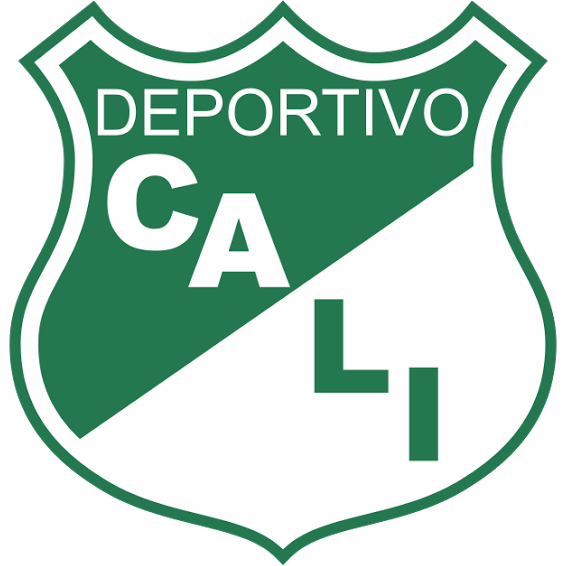
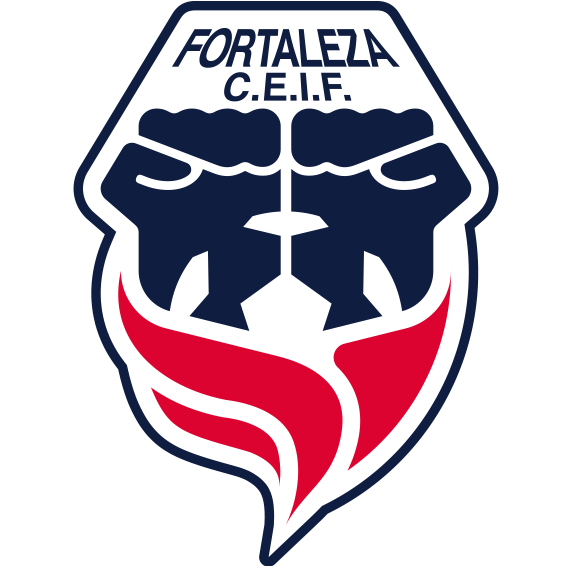


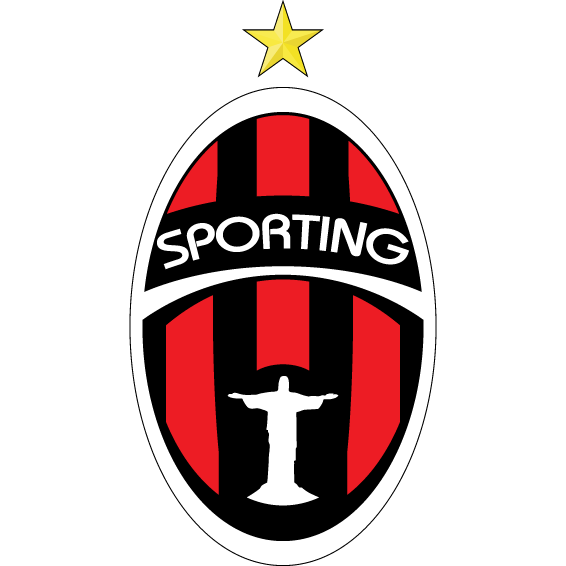
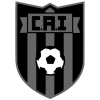



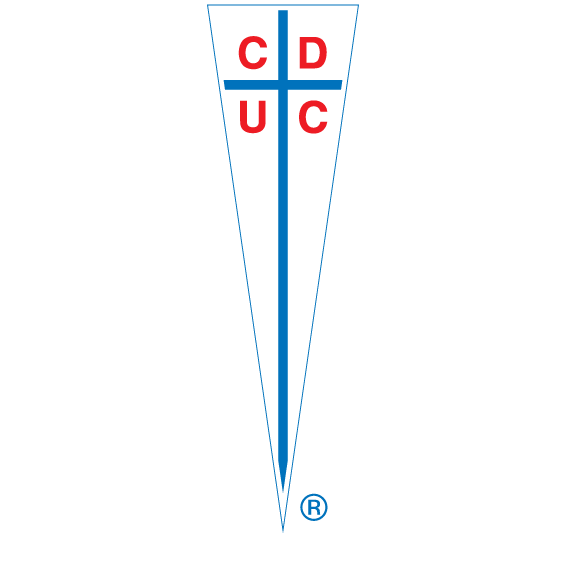
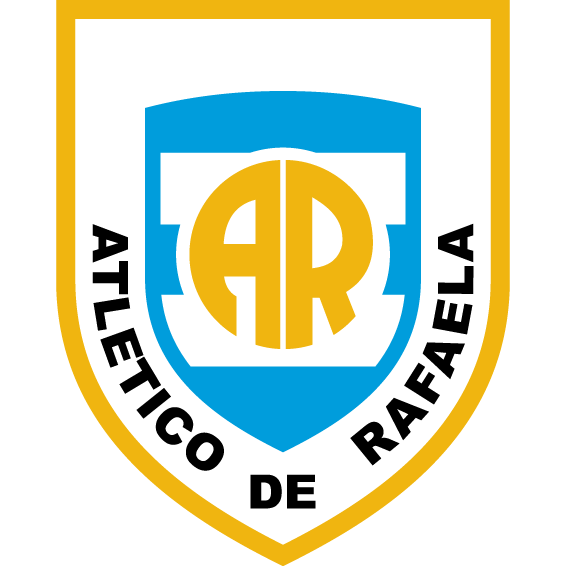
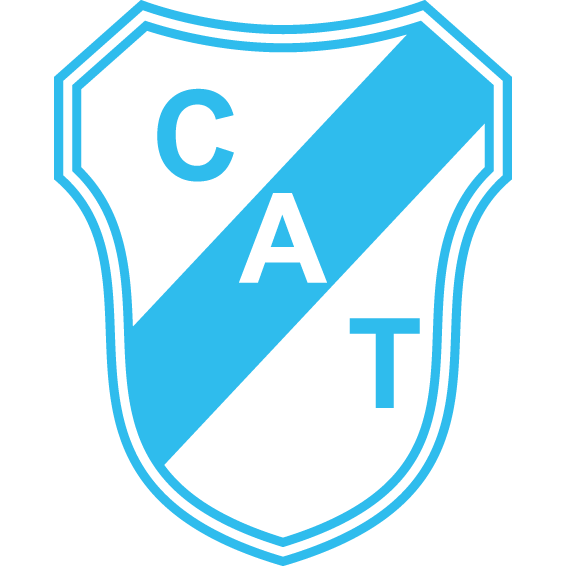
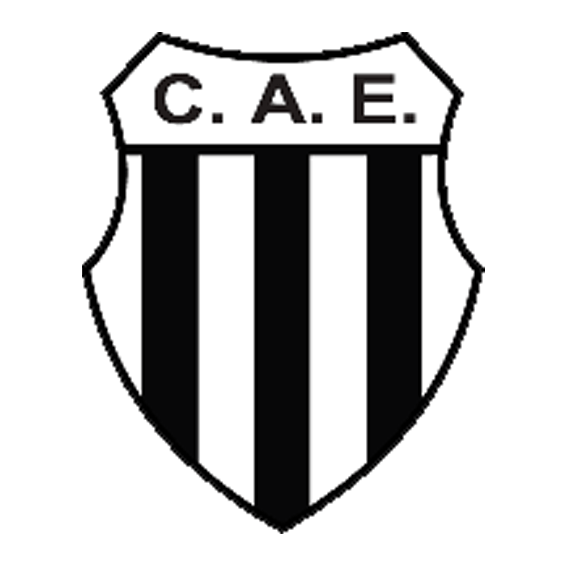
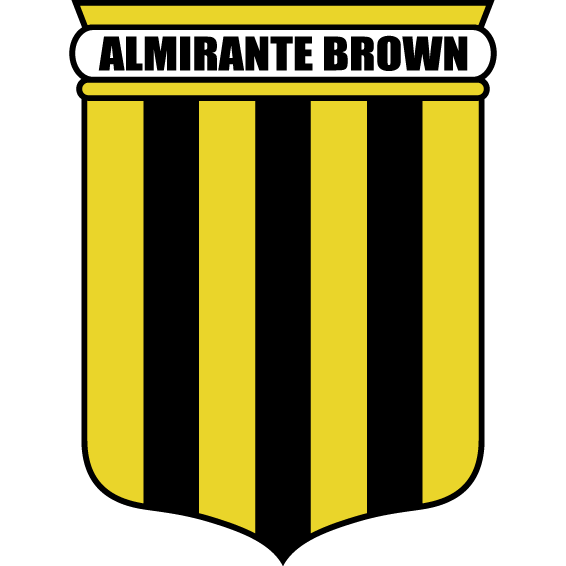
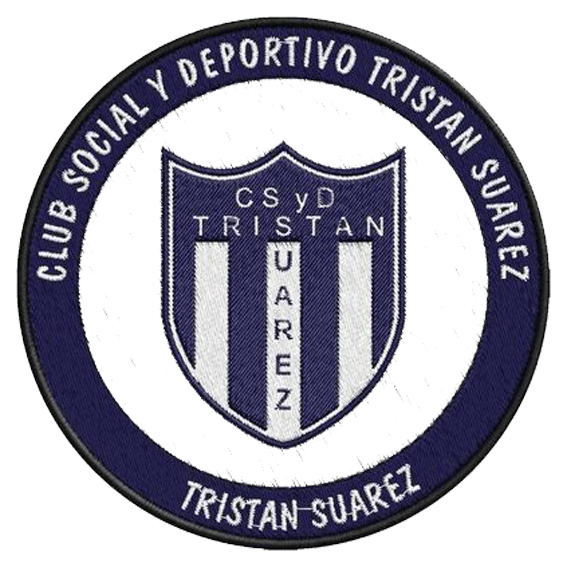
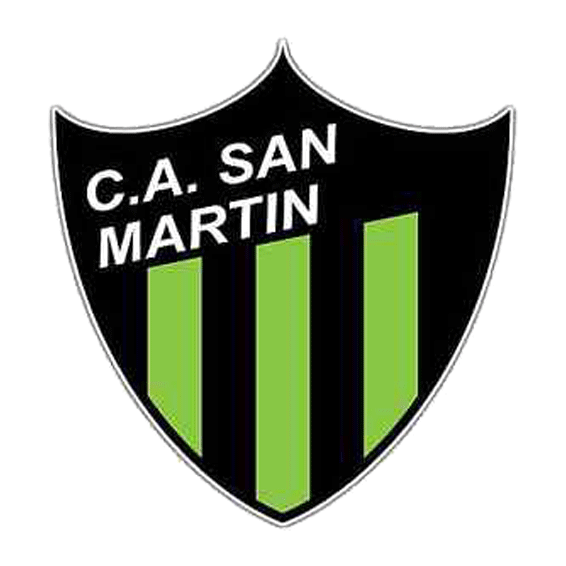
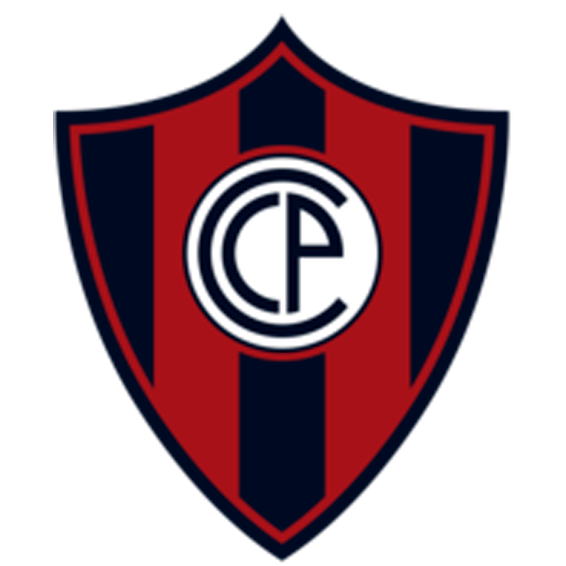


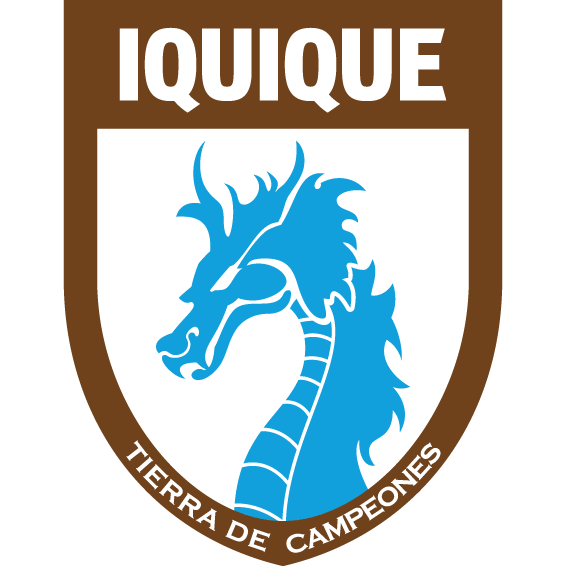
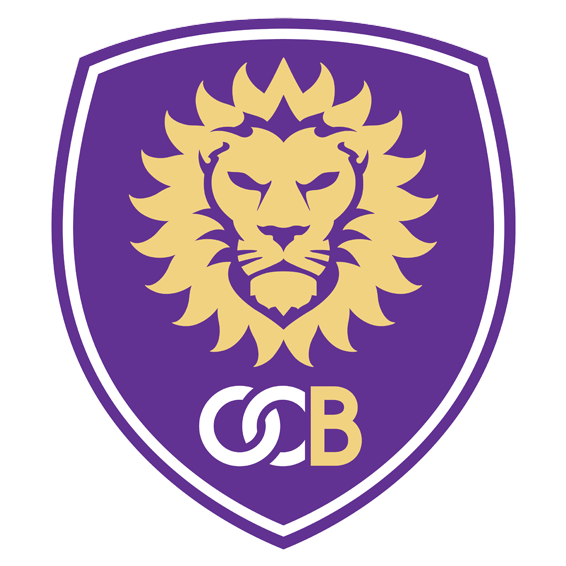
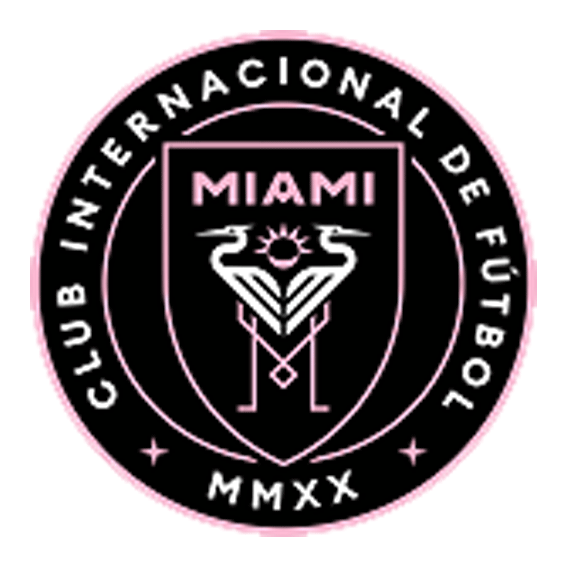
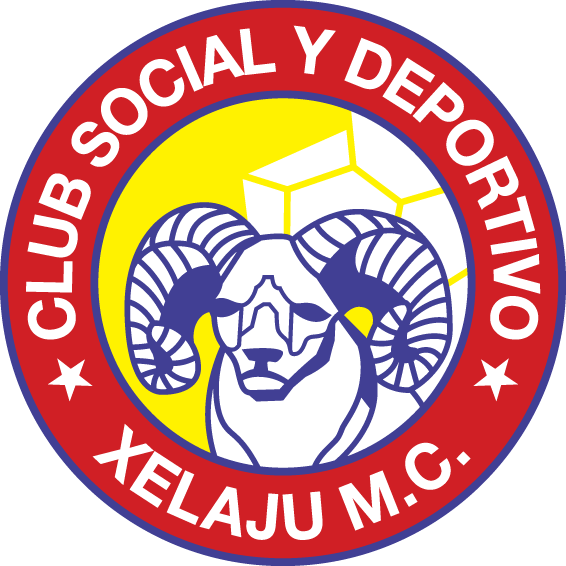
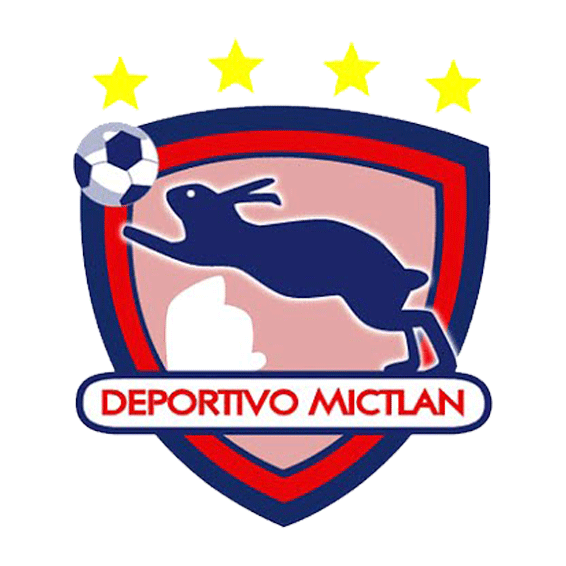


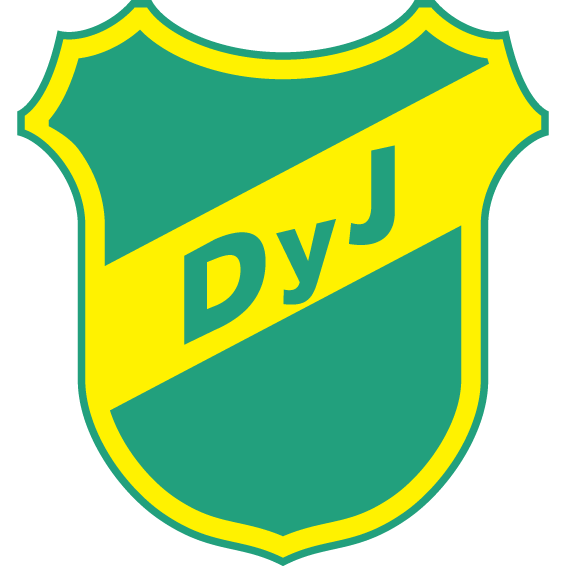

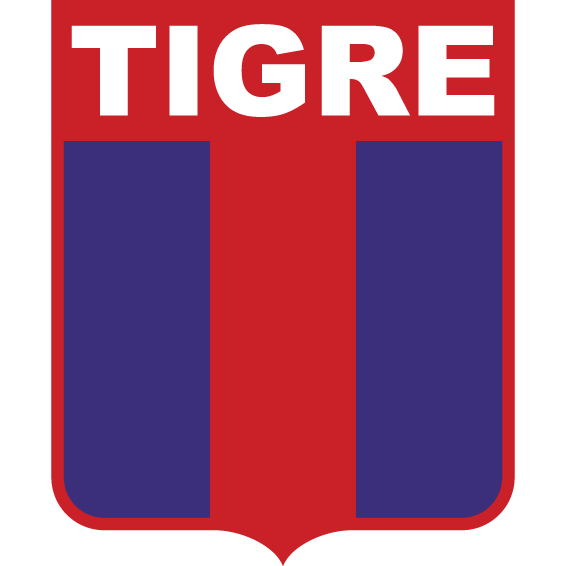
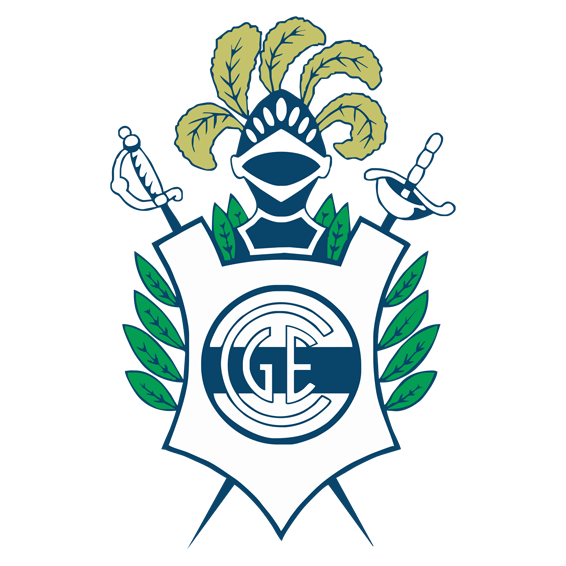


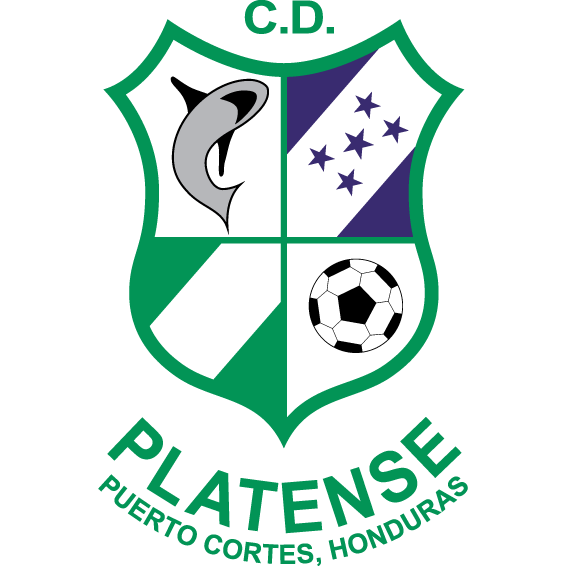

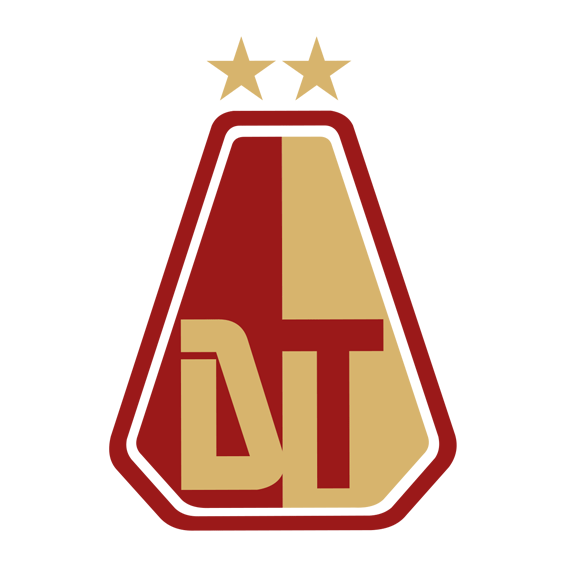


























There are no comments yet. Be the first to comment!